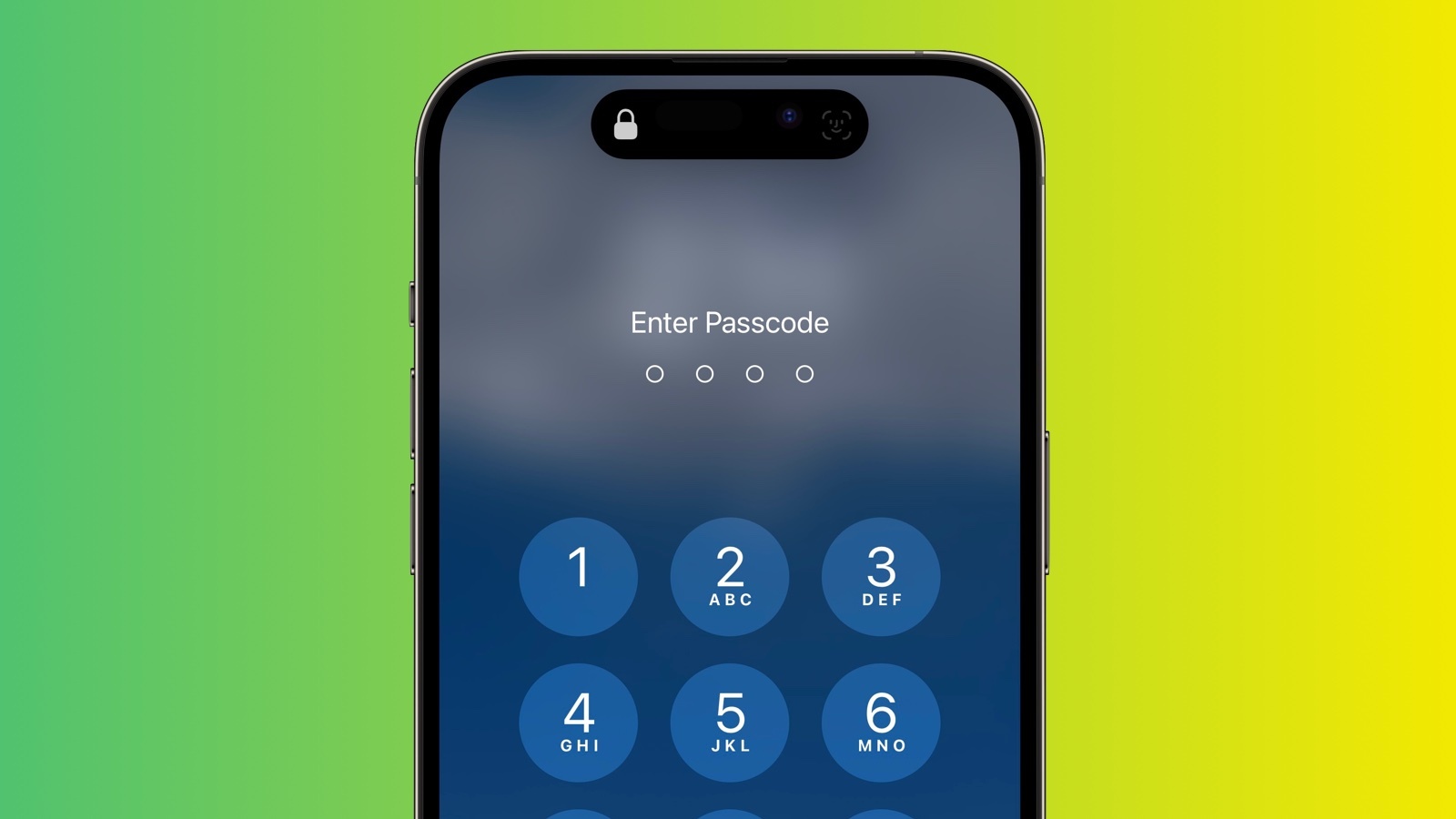I think that for one, having a passcode be the gateway for your entire system is just dumb. Apple should allow for multiple passcodes and security levels such as password keychain to be stored with a different set of passcodes.
What baffles me is that to change your password, you can use your passcode? There is just so many blunders on this that maybe someone from Apple should lose their phone and see how it feels to go through this nightmare. I sympathize for all those that went through hell.
Also recovery mode should not have an option to regenerate new recovery key without inputing the old key or atleast make that an option.
What baffles me is that to change your password, you can use your passcode? There is just so many blunders on this that maybe someone from Apple should lose their phone and see how it feels to go through this nightmare. I sympathize for all those that went through hell.
Also recovery mode should not have an option to regenerate new recovery key without inputing the old key or atleast make that an option.


